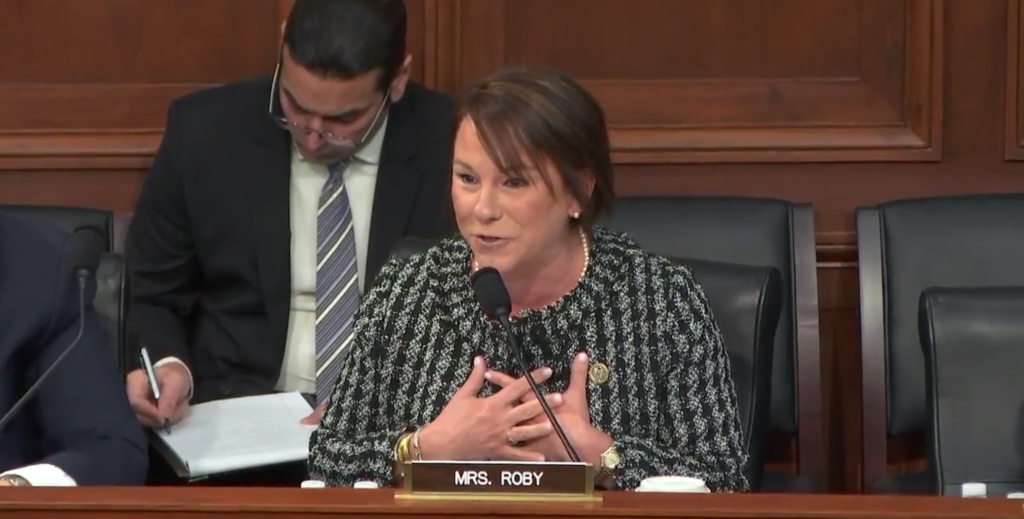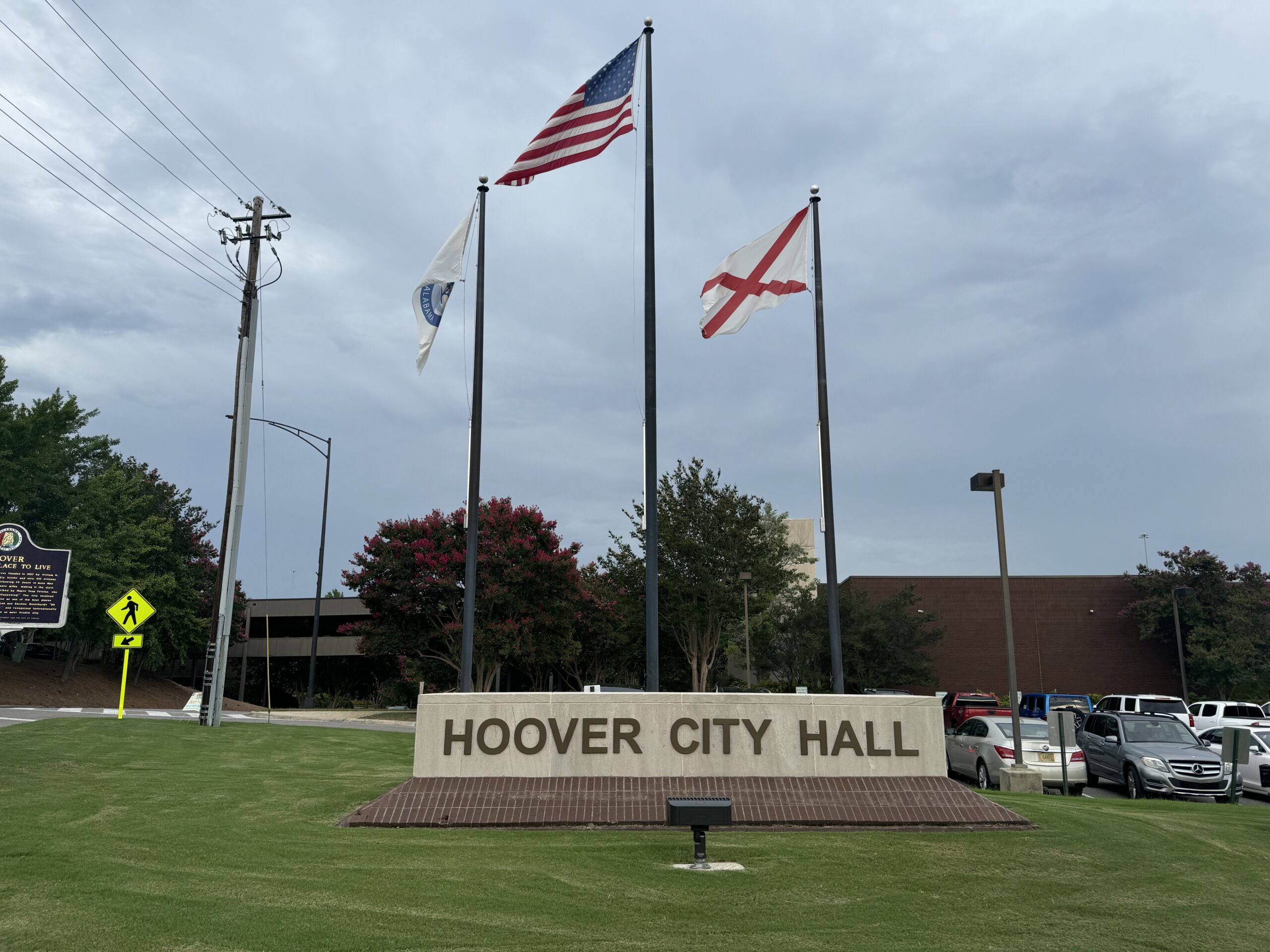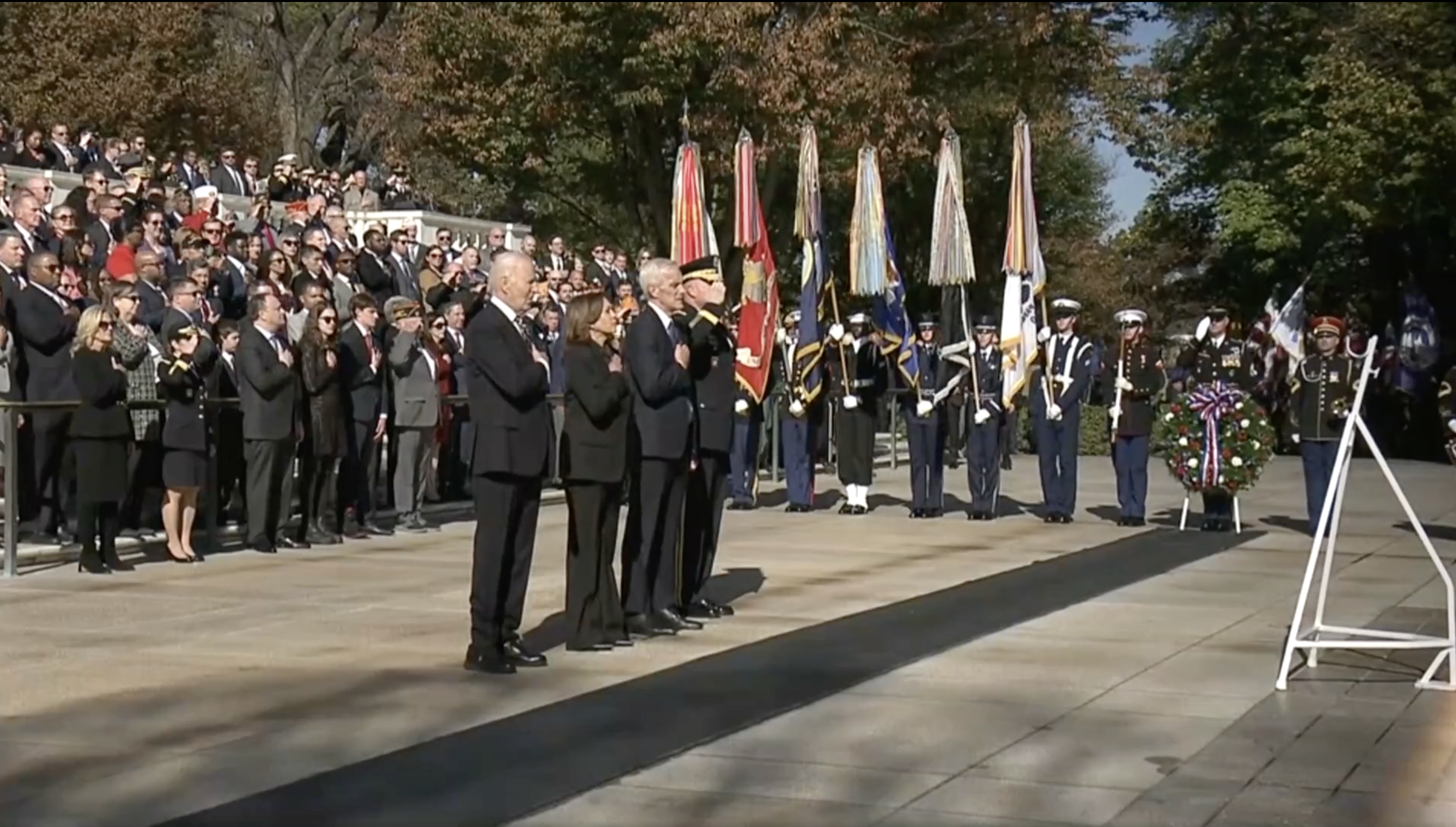Every ten years, the U.S. Census Bureau conducts a count of every resident in the United States, as mandated by Article I, Section 2 of our Constitution. This action is critically important to understanding current facts and figures about our country’s people, places, and economy. It’s hard to believe that a decade has almost passed, and we are just eleven months away from next year’s April 1 Census.
It goes without saying that a lot has changed over the last ten years, especially on the technological front. As times and trends change, it is important that the method by which we conduct the Census also evolves to ensure we are reaching the most people possible. That said, it’s no surprise that in 2020, we will largely depend on an Internet system to count Americans, relying heavily on digital advertising and social media platforms to spread the word.
As the Census Bureau works to modernize its various platforms ahead of the 2020 Census, I was glad to hear about these efforts directly from Dr. Steven Dillingham, Director of the U.S. Census Bureau, during a recent Commerce, Justice, Science, and Related Agencies Appropriations Subcommittee hearing. During this hearing, I had the opportunity to discuss with Director Dillingham how important it is that all Alabamians be accurately counted in 2020.
Back in 2010, our state did not do a great job accounting for all of our people, especially children below the age of six and those individuals in rural communities. As I told Director Dillingham, we must make sure that is not the case in next year’s count. You see, the Census doesn’t just decide the number of congressional seats Alabama has, it also decides our number of Electoral College votes. We currently have nine Electoral College votes, and if the 2020 Census is not accurate, that number will drop to eight. This is a very big deal, and it is something we Alabamians do not want to see happen.
The Census also determines the amount of federal dollars that come into Alabama, specifically to hospitals, job training centers, schools, infrastructure projects, and other emergency services. Inaccurate Census numbers force our state to do more with less, and that cannot happen again in 2020.
As we all know, Alabama’s Second District and the rest of the Southeastern corner of the state are made up of very rural communities. To achieve the most accurate count possible in next year’s Census, it is critical that we reach the men, women, and children living in the rural areas throughout the country.
During my conversation with Director Dillingham, I asked him how the Census Bureau plans to use its resources to partner with our state and community-based organizations to encourage participation in the Census, especially in hard-to-count, rural communities. I made sure Director Dillingham understands that a large part of our district, and many areas of our state, lack access to reliable broadband and thus may not utilize the Internet and social media enough to encounter online advertising about the upcoming Census. This will certainly be a challenge, but it is one we must address.
I also brought up another challenging reality that we must face: Over the last year, Alabama and other states in the Southeast have been beaten with hurricanes, tornadoes, and other powerful storms. There has been flooding throughout the Midwest and fires ravaging California. These disastrous events have caused thousands of Americans to be displaced from their homes, and we must ensure that they, too, are counted in next year’s Census.
To make sure the 2020 Census is as accurate as it can possibly be, it is important that leaders on all levels of federal, state, and local governments are communicating about ways we can spread the word and reach the most people. I believe the modernization of our Census process will lead to excellent results next year, but it is critical that we make every effort to reach those who have been displaced by severe weather as well as the people in rural communities who may not have reliable access to social media and online advertising.
The future of our state’s representation in Congress and the Electoral College are at stake, and we must ensure that Alabama receives its fair share of federal funding for numerous programs we all depend on. I encourage you to start spreading the word about the April 1, 2020, Census. It will be here before we know it, and Alabama needs an accurate count.#
Martha Roby represents Alabama’s Second Congressional District. She lives in Montgomery, Alabama, with her husband Riley and their two children.
Related
Share via:














